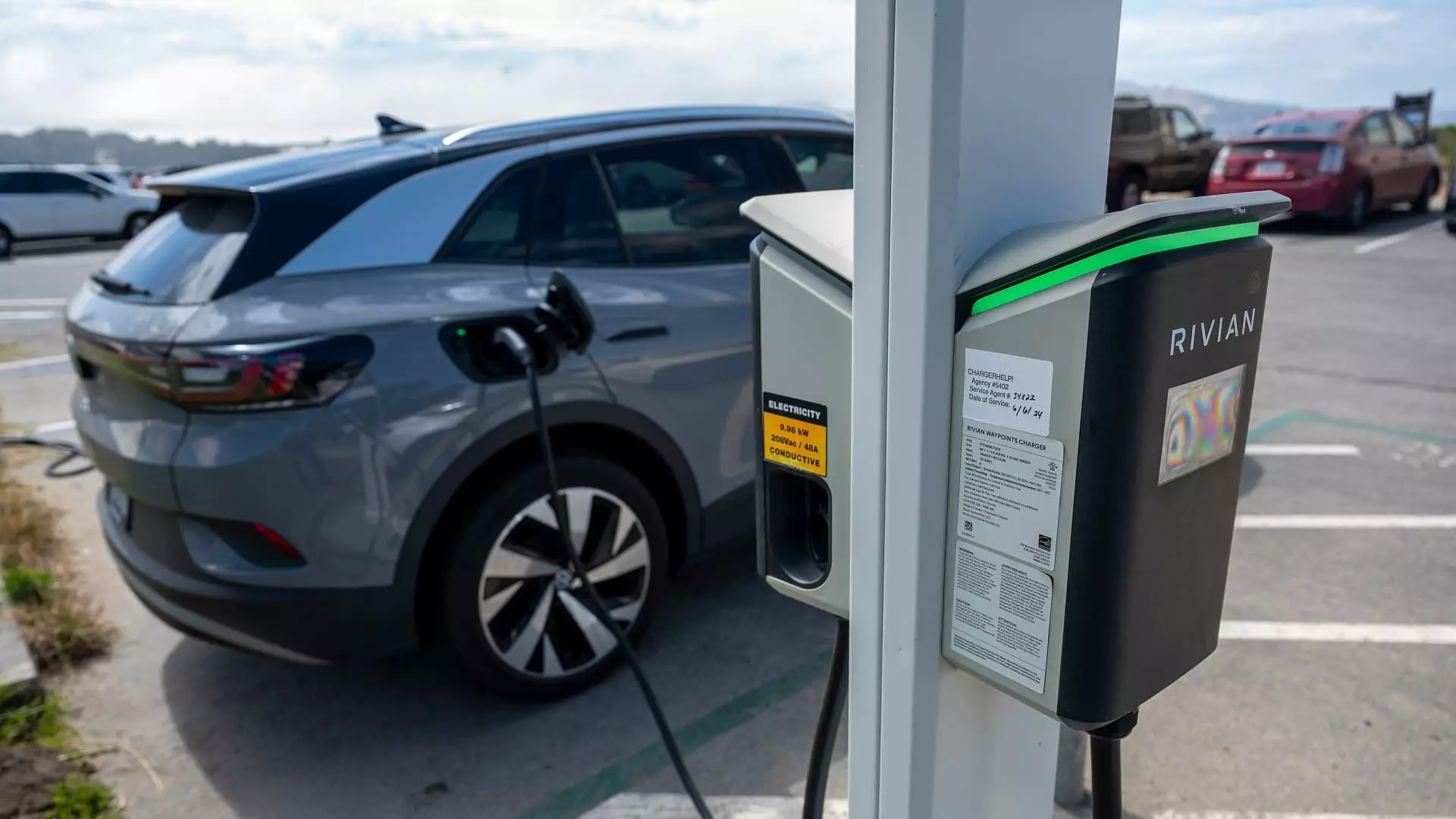When considering purchasing a vehicle, the cost is often a significant factor that comes to mind. Electric vehicles (EVs) have been gaining popularity due to their lower long-term costs compared to traditional gasoline-powered cars. While EVs may have a higher upfront cost, the overall lifetime expenses associated with fuel and maintenance tend to be more affordable, potentially resulting in savings for consumers.
Factors Affecting Total Cost
Research suggests that the cost-effectiveness of EVs compared to gasoline cars is influenced by various factors. These include the specific EV model chosen, the location of the buyer, and the charging habits of the owner. As battery prices for EVs continue to decline, experts anticipate that EVs will become more cost-competitive with gasoline vehicles in the future.
To encourage the adoption of EVs, car manufacturers have started reducing prices, and governmental bodies offer tax credits to qualifying buyers of new EVs. These incentives contribute to making EVs more accessible to consumers. Additionally, states and utilities may provide further tax breaks to offset the costs associated with purchasing an EV or installing charging infrastructure.
Cost Comparison Studies
Studies conducted by organizations such as Consumer Reports and J.D. Power have looked into the financial aspects of owning an EV versus a gasoline car. The findings show that, on average, owning an EV can lead to savings ranging from $6,000 to $12,000 over the vehicle’s lifespan compared to a comparable gas-powered model. EVs also require less maintenance due to having fewer moving parts and offer cost savings in terms of refueling.
The financial benefits of owning an EV are dependent on geographical location. Factors such as regional differences in electricity and gasoline prices can significantly impact the total cost of owning an EV. In locations with lower gas prices, it may be more challenging for EVs to break even. Furthermore, access to home charging plays a crucial role in reducing overall costs associated with owning an EV.
Optimal EV Environments
Communities that are conducive to EV ownership typically have characteristics such as affordable electricity rates, high gasoline prices, mild climates, and direct purchase incentives. Studies analyzing different U.S. cities have shown that small and low-range EVs are generally more cost-effective than gas vehicles across multiple locations, even without tax incentives. Longer-range EVs, especially for compact cars and midsize sedans, can also be financially comparable without subsidies.
The financial case for electric vehicles demonstrates their potential for long-term cost savings for consumers. As EV technology continues to evolve and become more affordable, they are likely to become increasingly competitive with traditional gasoline-powered cars. By considering factors such as geographical location, charging habits, and available incentives, consumers can make informed decisions when transitioning to electric vehicles.

Leave a Reply